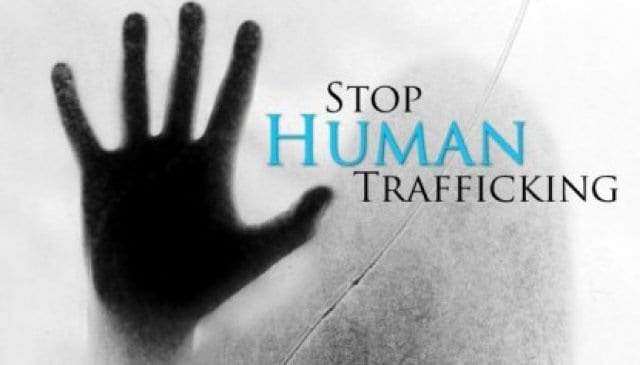
The Current Administration Claims to Want to Fight Human Trafficking. But Its Policies Undermine Trafficking Victims.
The current administration has claimed that one of its highest priorities is fighting human trafficking. But significant changes to immigration policies over the past two years are at odds with this goal. Instead of reducing trafficking, the current administration may be silencing victims – and emboldening traffickers.
The administration has slow-rolled approval of humanitarian visas (known as T visas) for trafficking victims. T visa processing times have increased from just over six months in 2015 to more than 16 months in 2019. As of June, 2019, more than 2,200 T visa applications were pending, with just 324 T-visas approved by that point in the year. Immigration advocates and legal practitioners have sounded the alarm that fewer applicants are being granted waivers for fees associated with T visa immigration petitions.
And once applications do get processed, they are more and more likely to be denied. A report analyzing T-Visa denials since 2017 suggests that this higher rate of refusal may be due to draconian interpretations of the standards for evaluating eligibility. The immense backlog in applications only complicates the situation. In a September 2019 letter to Senator Feinstein, United States Citizenship and Immigration Services (USCIS) admitted the agency could not accurately calculate “an approval nor denial rate … for FY 2018 due to the number of T applications received that year that remained pending at the time this letter was prepared.”
Anecdotally, advocates report a spike in T visa denials. But it gets worse. As of 2018, T visa applicants denied immigration relief face the prospect of immediate deportation. On June 28, 2018, USCIS announced that the denial of a petition for a T-visa would trigger removal proceedings.
These policies do not aid in the fight against human trafficking. Instead, they terrorize victims, forcing them to live in fear of deportation and Immigration and Customs Enforcement (ICE) detention.
Across the country, prosecutors in human trafficking cases continue to rely upon heavy-handed tactics to force trafficking victims to cooperate. In an ongoing case in the Southern District of Texas, law enforcement detained Isabella*, a woman believed to be a victim of sex trafficking. Because she was undocumented, law enforcement took Isabella into ICE custody. Prosecutors continued to detain her as a “material witness,” citing a federal law that allows authorities to detain witnesses to secure their testimony. But even after prosecutors took Isabella’s deposition, federal authorities returned her to ICE custody. In other words, despite being identified as a victim of trafficking, Isabella was locked up and left in fear of deportation.
It is not at all surprising that federal sex trafficking prosecutions have plummeted since 2017, reversing a trend of increased prosecutions in prior years. According to data from the Human Trafficking Legal Center, prosecutors initiated just 135 criminal cases under the federal law prohibiting sex trafficking of both children and adults between January and December, 2019. That marks an 11% decrease from the previous calendar year (151 prosecutions) and a decrease of 34% from 2017 (203 prosecutions).
Not all human trafficking prosecutions involve foreign victims — traffickers also exploit U.S. citizens. But undocumented immigrants are particularly vulnerable to both sex and labor trafficking. And traffickers enjoy impunity when their victims are too afraid to report the crimes.
*This victim’s name has been changed to protect her identity.
